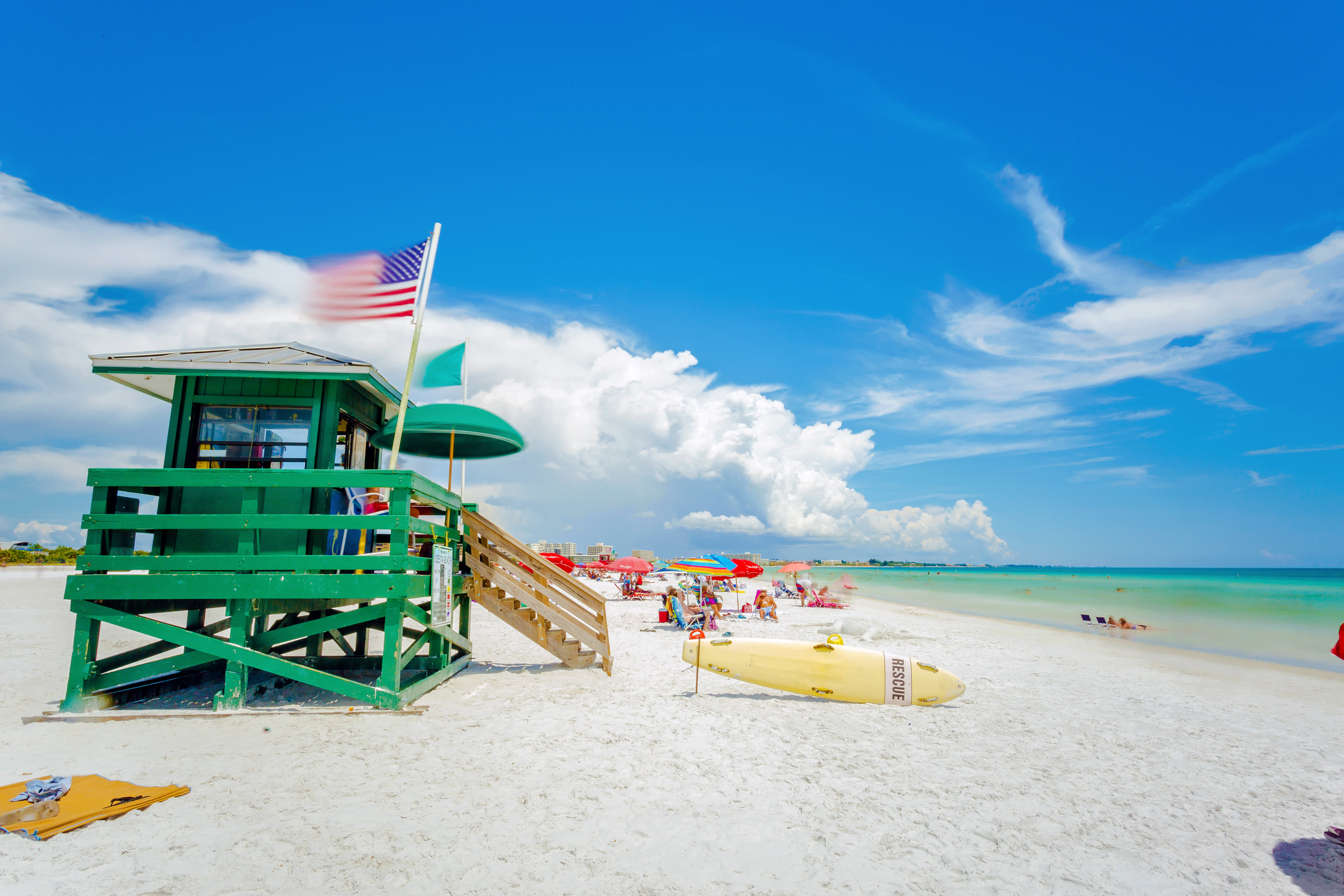
Siesta Key beach in Sarasota, Florida.
Pola Damonte via Getty Images | Moment | Getty Images
Americans are looking to finally get out and about this summer, and interest in well-known and new emerging getaway spots is rising along with temperatures, according to travel companies.
Online travel guidance platform Tripadvisor says 67% of Americans plan to travel from June through August, a 17% jump over spring (March to May). A plurality (43%) plan to drive, although 19% are willing to fly, and beach destinations — particularly in Florida and Mexico — are at the top of traveler wish lists.
More from Personal Finance:
Top-rated frequent flyer programs can cut travel costs
Here’s what post-pandemic travel might look like
How travelers could benefit from hotel industry struggles
Why the beach? “This summer, we continue to see travelers favor outdoor locations like beaches or national parks, locations that continue to enable the practice of social distancing,” said Tripadvisor spokesperson Brian Hoyt.
People are also just ready to get out of the house, he added. “As the vaccine rollout far exceeds the Biden administration’s promised target of 1 million doses administered per day, Americans are resoundingly saying they are prepared to get out there again, to travel and see the world once more to make up for lost time.”
Despite the interest in Mexico that Tripadvisor tracked, the site found that 74% of Americans plan to travel domestically this summer — and that means more competition for accommodations across the U.S. To wit, hotel searches are up 65% at Tripadvisor.
As popular vacation destinations fill up, more Americans are looking at less well-known holiday spots, particularly of the sun-and-fun variety. Vacation rental search aggregator VacationRenter.com has tracked growth of more than 100% in bookings in 11 emerging summer destinations — eight of which are beach areas in Florida alone.
“Because of the last year, there’s pent-up demand for travel this summer which makes it more competitive to book your typical vacation spots,” said Zander Buteux, head of organic growth at VacationRenter.com. “Smaller cities and areas that don’t traditionally experience summer tourism are growing in response to other locations booking up faster than before.”
Being smaller, these ascendant destinations don’t have the same hotel inventory as big-league resort towns but, in this age of Airbnb and other home rental sites and apps, that’s not necessarily a disadvantage. And vacation rentals offers added advantages such as isolation and more space, said Buteux.
“They provide you with the flexibility to travel safely, and renters have more control,” he noted. “For example, you and your pod can order groceries and cook at the rental property instead of going out for food, to reduce contact with others.”
“People missed out on seeing their friends and family last year; by having everyone stay in a rental, it’s substantially easier to coordinate plans and spend quality time together,” Buteux added.
This article was originally published on CNBC

